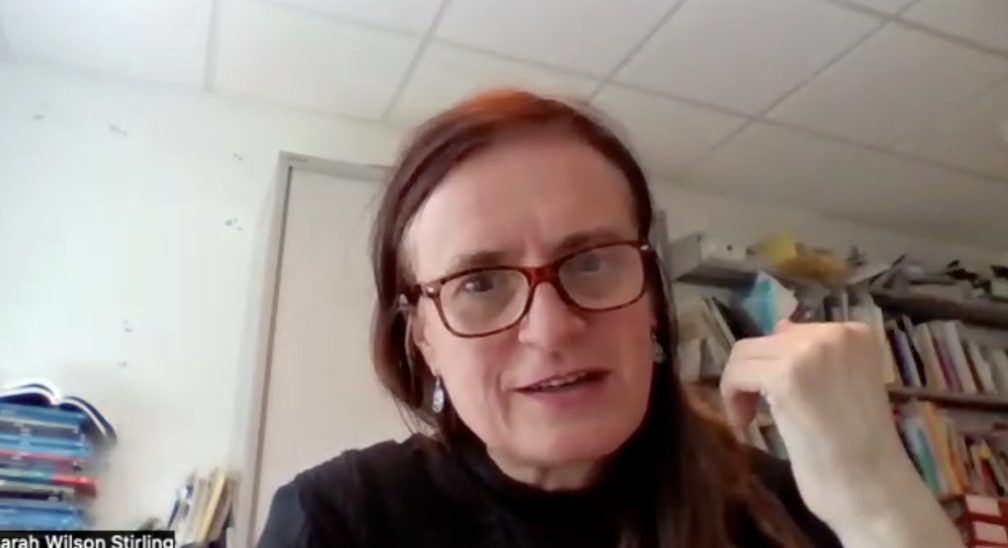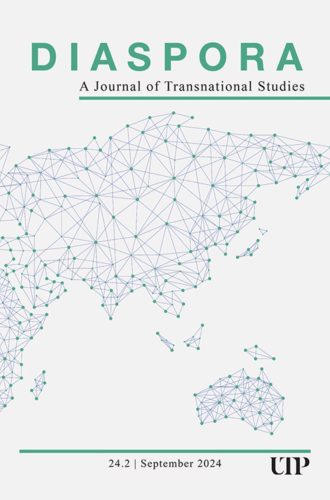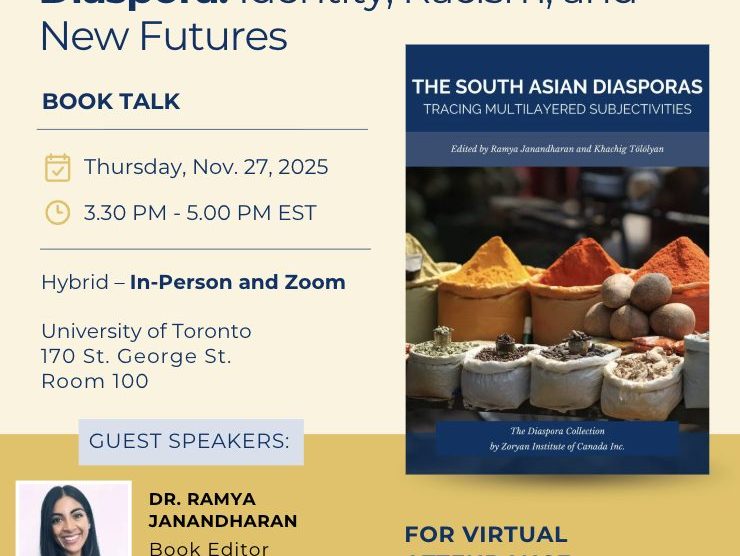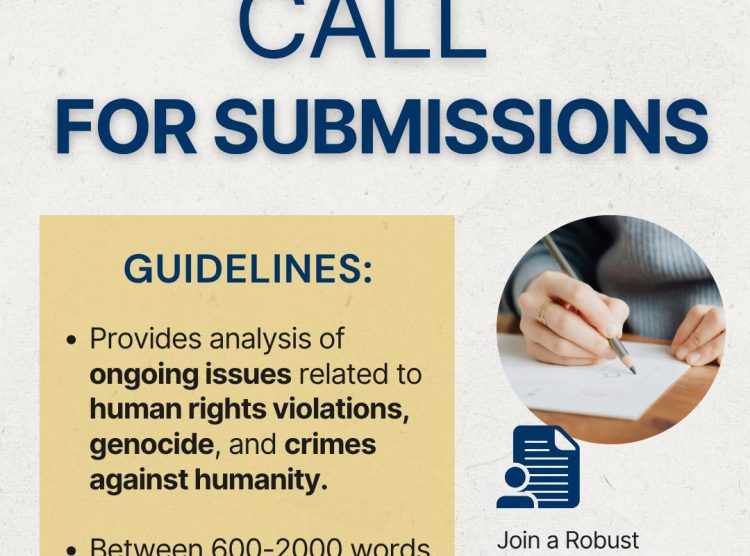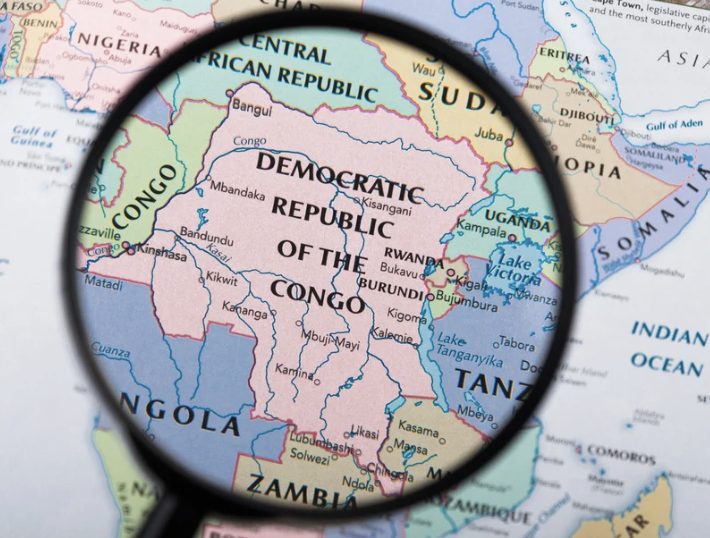Toronto, ON, September 22, 2025 – The Zoryan Institute is pleased to announce the publication of a groundbreaking special issue of Diaspora: A Journal of Transnational Studies, edited by guest editor Dr. Sarah Wilson, Head of Sociology, Social Policy, and Criminology at the University of Stirling, titled The Republic of Armenia: Migration and Diaspora in Times of Threat and Uncertainty.
The issue explores Armenia’s unique position in global migration debates and raises pressing questions about displacement, belonging, and the future of the Armenian nation in parallel with global migration experiences, highlighting new perspectives on Armenian identity and belonging.
Dr. Wilson explains that Armenian identity has always been profoundly transnational.
“Being Armenian is a very transnational identity because of the history of the genocide and the huge diaspora, which is very much still linked together through notions of that history, language, and religion,” she reflects. Yet this identity is layered and complex.
In a brief interview with the Zoryan Institute, now available at The Zoryan Webinars on major streaming services (Acast, Spotify, and Amazon Music), Dr. Wilson emphasizes that Armenia and its diaspora remain critically understudied in international scholarship. “[Armenia] is a fascinating area of the globe, which is very little spoken about,” Dr. Wilson notes. By centring Armenia within broader conversations about migration and post-colonial identity, this collection highlights how Armenians navigate wars, forced displacement, and evolving transnational belonging.
This issue addresses urgent developments, such as the September–October 2023 forced migration of Armenians from Nagorno-Karabakh (Artsakh). Dr. Wilson stresses:
“This has really been quite invisible in terms of international debate and concern. It is something we know the Armenians we spoke to felt very deeply.”
She warns of the global silence surrounding these events, despite Armenia’s increasing geopolitical importance.
For interest in purchasing a physical copy of the special issue, The Republic of Armenia: Migration and Diaspora in Times of Threat and Uncertainty, the individual copy from UTP is sold at $79.00 per unit. Alternatively, you can order at the special Zoryan supporter rate of $25.00 per unit as a “Friend of the Institute.” Please visit the Zoryan Institute website to complete your order here: Checkout Page.
Some Titles from this Special Diaspora Issue Include:
“Identity and Return Migration among Young Adult Armenian Women from Russia in Times of War” By Vlada Baranova, Anna Ter-Saakova (Diaspora Vol. 24, p. 174-193)
“Indicators of Integration: Assessing the Impact of Perceptions about Rights and Security, Public Outcomes, and Social Connections on Intentions to Stay of Newcomers in Armenia” By Scot Hunter, Marina Shapira, Maria Fotopoulou, Sarah Wilson, Maria Zaslavskaya (Diaspora Vol. 24, p. 228-255)
“Memory Books: Mapping Histories of Ethnic Coexistence” By David Clarke, Nina Parish (Diaspora Vol. 24, p. 256–278)
“Ways out of the Void? Postcolonial and Decolonial Theories in Relation to Armenia and Armenianness” By Sarah Wilson, Peter Baker, Aram Vartikyan, Nona Shahnazarian (Diaspora Vol. 24, No. 2, pp304–329)
The full special issue of Diaspora: A Journal of Transnational Studies is published by the University of Toronto Press and is available online through your academic institution. For more information, please visit https://utppublishing.com/toc/diaspora/24/2.

